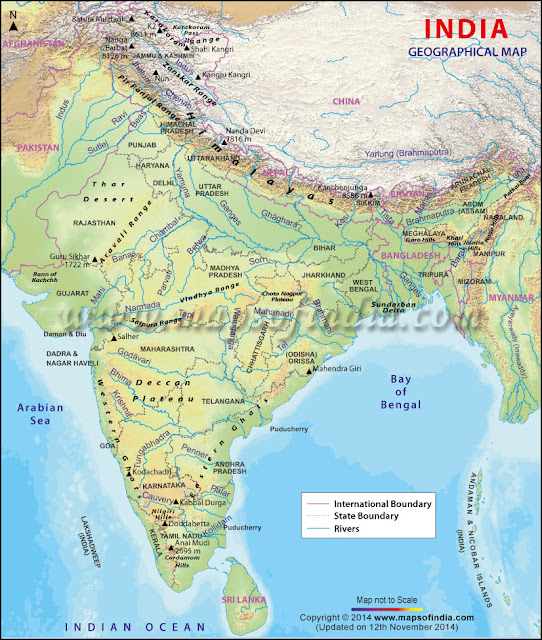SC/ST Quota Benefits to the Disabled
Who of the following persons are also socially backward and entitled to the same benefits of relaxation as SC/ST candidates in public employment and education, as confirmed by the Supreme Court recently?
(a) Persons from Rural area
(b) Project displaced Persons
(c) Persons with Disabilities
(d) Earthquake affected Persons
✍(c) Persons with Disabilities
🔰SC/ST Quota Benefits to the Disabled🔰
🌻The Supreme Court, in a significant decision, confirmed that persons with disabilities are also socially backward and entitled to the same benefits of relaxation as SC/ST candidates in public employment and education.
🌺What is the case about?🌺
🍀The present decision came on a petition filed by Aryan Raj, a special needs person, against the Government College of Arts, Chandigarh.
🍀It is an appeal against a Punjab and Haryana High Court order.
🍀The college denied Mr. Raj relaxation in minimum qualifying marks in the Painting and Applied Art course.
🍀The college insisted that disabled persons too need to meet the general qualifying standard of 40% in the aptitude test.
🍀Notably, the SC/ST candidates were given a relaxation to 35%.
🍀Setting aside the college decision, the Supreme Court said that the same 35% shall apply so far as the disabled are concerned in future.
🍀The Court said that it is 'following' the principle laid down in an earlier Delhi High Court judgment of 2012.
🌺What was the 2012 HC Judgement?🌺
🌿It relates to the Anamol Bhandari (Minor) through his father/Natural Guardian v. Delhi Technological University 2012 case.
🌿The Delhi Technological University prospectus provided 10% of concession of marks in the minimum eligibility requirements for SC/ST candidates.
🌿But relaxation of only 5% was permissible for People with Disabilities.
🌿On a petition against this, the Delhi HC ruled against this differential treatment, terming it discriminatory.
🌿It held that people suffering from disabilities are also socially backward. Also said that they are entitled to the same benefits as given to the SC/ST candidates.
🌿A three-judge Bench of the Supreme Court has now upheld this 2012 judgment.
🌺Why is this a welcome move?🌺
🍁The judgement recognises the difficulties faced by the disabled in accessing education or employment, regardless of their social status.
🍁Even though drawn from all sections of society, the disabled have always been an under-privileged and under-represented section.
🍁The larger principle is that without imparting proper education to the disabled, there cannot be any meaningful enforcement of their rights.
🌺Can physical/mental and social disabilities be equated?🌺
☘A question arises if 'physical or mental disability' could really be equated with the 'social disability' and experience of untouchability suffered by marginalised sections for centuries.
☘For instance, the social background of disabled persons from a traditionally privileged community may give them an advantage.
☘This stands in contrast with a similar kind of a person suffering from historical social disability as well. However, as per the court's view this may not always be the case.
☘Evidently, the Delhi High Court had cited the abysmally low literacy and employment rates among persons with disabilities.
🌺What is the way forward?🌺
🌼It can only be more applicable now, that a fresh law that aims for a greater transformative effect, the Rights of Persons with Disabilities (RPWD) Act 2016, is in place.
🌼The RPWD Act, 2016, sought to address the above gap by raising the quota for the disabled from 3% to 5%. It also envisaged incentives for the private sector to hire them.
🌼It is vital that RPWD Act, 2016 & recent SC judgement, be fully given effect to, so that this significant segment of the population is not left out of social and economic advancement.

Comments
Post a Comment